It’s a surreal experience, seeing a thick plume of smoke of the horizon, knowing people just over an hour away don’t know if they have a home to go back to while others just a 15 minute drive away are having to vacate theirs as the threat moves closer.
Canada is experiencing its second-worst wildfire season on record, with regions of virtually every province up in flames, if not dealing with evacuations of their own. Over 700 fires are currently burning across the country, and it increasingly feels like the new normal in a world already 1.5 degrees warmer than the pre-industrial average. But it’s been particularly bad in my home province of Newfoundland and Labrador.
This year the province has already seen 216 wildfires, up from 97 across the entire wildfire season last year. After a long stretch of dry, hot weather, resources are stretched thin as first responders try to contain fires across multiple regions, including one on the doorstep of the capital city. Residents have understandably become worried and anxious about the situation, and officials have held daily briefings to try to keep the public informed. But one factor has made a tense situation even worse: social media.
Addressing misinformation spreading on the platforms, particularly on Facebook, that people have been falling for has become a regular feature of the provincial government’s media availabilities. With each passing day, officials’ frustration has been visibly growing, until it finally broke when that false information led to people harassing public servants.
During the August 14 briefing, Justice Minister John Haggie made it clear he’d had enough. “For those assholes who were on the phone yesterday talking crap to our staff, stop it,” he said. “You’re the same people who trolled us during Covid, and it was unacceptable then, and it’s unacceptable now.”
“Please listen to government sources and not these fools on Facebook.” Officials in NL have had it with the disinformation spreading on social media about wildfires, which has now resulted in people harassing public servants. It’s hard to blame them. These platforms are a menace.
— Paris Marx (@parismarx.com) 2025-08-14T13:41:49.568Z
Haggie held the post of Health Minister during the pandemic, and saw first hand how right-wing conspiracy theorists slowly hijacked part of the public conversation about the pandemic through social media. He was clearly seeing something similar happening with the wildfires. He pleaded with the public to “please listen to government sources and not these fools on Facebook.”
Given the heightened state of concern, it’s understandable that people turned to the platforms for information about the wildfires. The government is providing updates on its website, but also through its pages on Facebook and Twitter/X, where people have become used to getting their information. There are plenty of people posting supportive messages and just trying to inform their fellow residents about what’s happening, especially given Facebook does not allow news articles to be posted on its platforms in Canada.
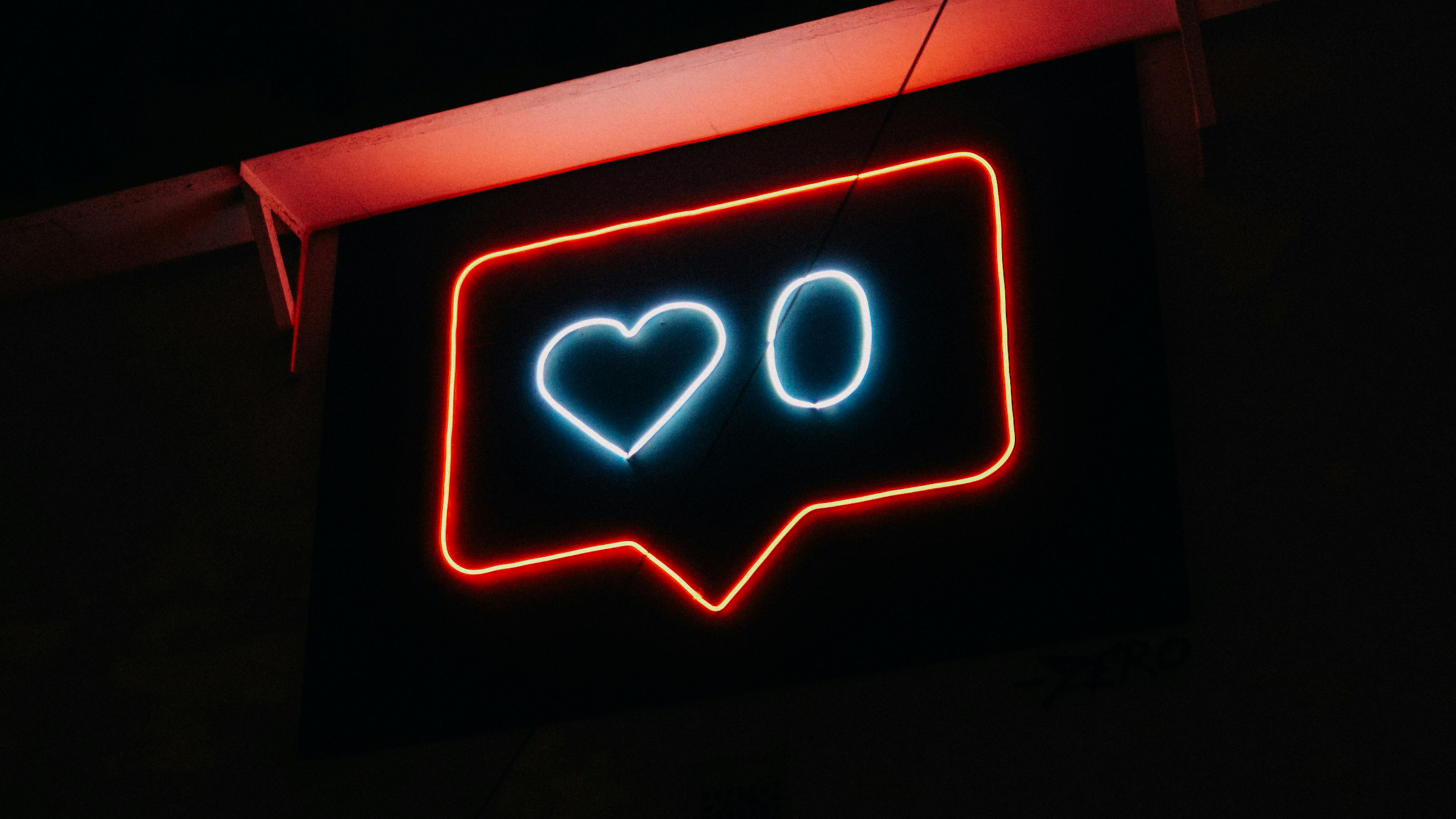
But there’s a flip side to that too. There is a small but influential group of people that have established themselves since the pandemic, typically supported by groups on the extreme right of the political spectrum, who know how to take advantage of the platforms to spread false or distorted information that is designed to misinform people, anger them, and ultimately seed mistrust in government and the wilder society.
These bad actors have taken advantage of the wildfire emergency to try to pit communities against one another, claiming that resources were being taken away from one fire to prioritize another. Officials were forced to dispel those falsehoods and further detail how decisions on resource allocation work. More egregiously, they’ve also claimed that the states of emergency declared in response to the wildfires are part of a wider Covid and climate lockdown campaign by governments to try to take away people’s rights. The use of platforms to spread this false information is a widespread problem.
Nearby Nova Scotia is also experiencing an out-of-control wildfire season, and had to ban hiking, fishing, and the use of off-road vehicles like ATVs in wooded areas to reduce the risk of even more fires starting. They simply don’t have the resources to try to tackle even more. A former member of the Canadian Armed Forces violated the ban, arguing the government was infringing on his liberties. He then appeared on the Alex Jones show, where his interview was positioned as raising the alarm on “tyrannical climate lockdown policies.” It provides a good example of how the extreme right continues to evolve its conspiratorial language and vision of the world.
Second largest wildfire season in Canadian history and things are so out of control in Nova Scotia that 17 new fires have started in the past 24 hours. Yet this wanker is doing the Alex Jones show to complain about how he's not allowed in the woods during a fire ban
— The Serfs (youtube.com/theserfstv) (@theserfstv.bsky.social) 2025-08-14T04:02:29.657Z
Not everyone is doing these things for political reasons. There are other people posting away who believe they understand the situation far better than they do: who think that because they don’t see a water bomber that they’re being abandoned, or who see a picture of a fire at a moment in time without much flame and feel the risk has passed. Those people have always existed, but social media makes spreading their misinformed opinions far easier — and then having others who don’t know any better echo them.
Social media encourages an individual trust, even if what the person is sharing is untrustworthy, along with a collective mistrust. Platforms like Facebook thrive on enabling people to call out strangers and muse about suspicious elements in society, whether they exist or not. The Ring camera, apps like Nextdoor, and certain Facebook groups contribute to a feeling that the world around you is scary and crime-ridden and that people are selfish and will do you harm. It’s the opposite of how we tend to feel when we meet people in person.
The platforms are engines of social fragmentation that encourage people to retreat into small units to protect themselves from an imagined world of crime and villainy that exists beyond one’s doorstep. Poorly funded and explicitly right-wing media also play that role, but the algorithmic amplification and design of social media apps take it to an entirely new level that contributes to the societal spiral we’re collectively experiencing. It’s far from the only factor, but it’s impossible to ignore the role it plays.
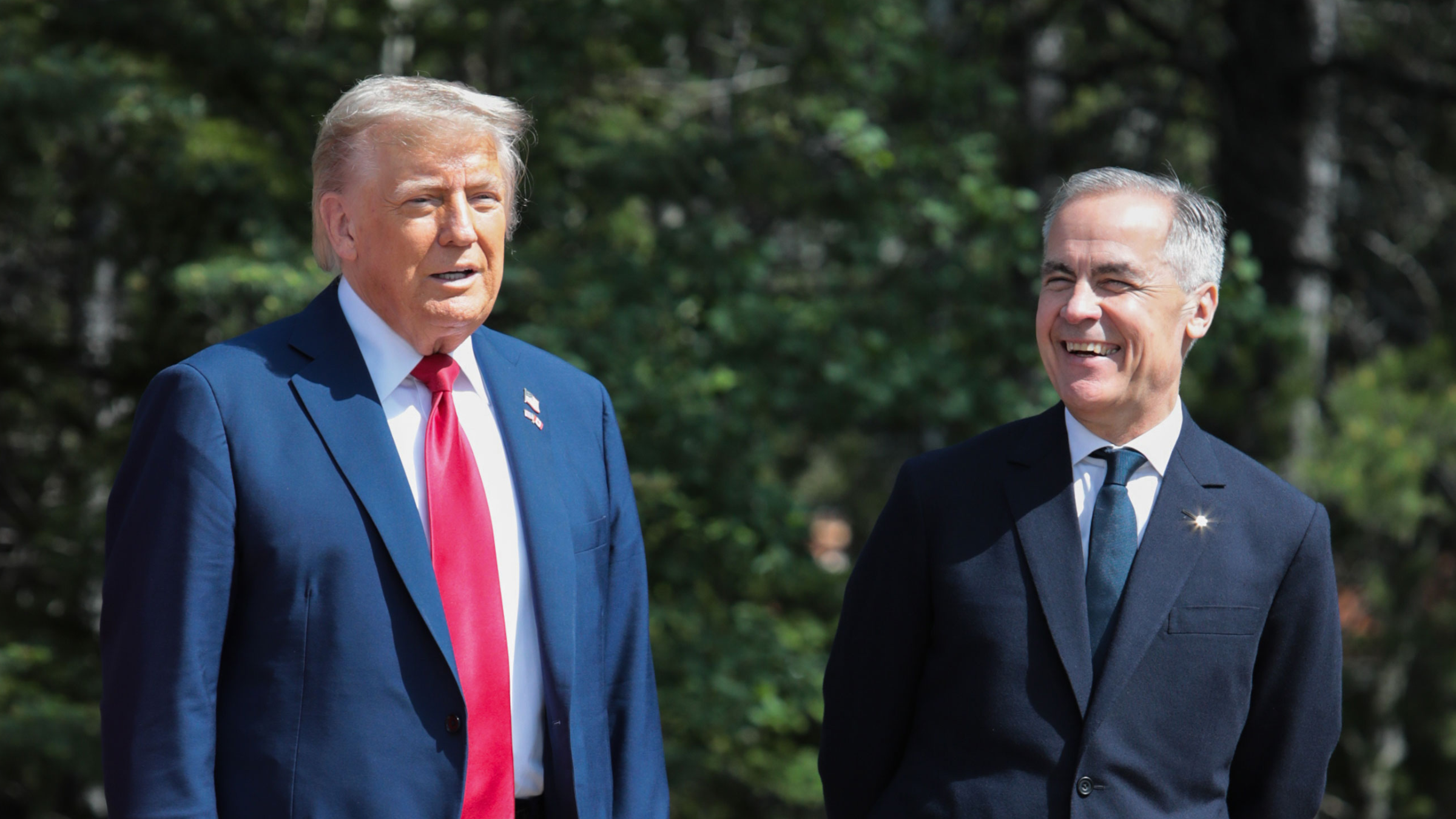
We can become accustomed to the harms of these platforms and the information environment they create, but the social damage really comes to the fore in a moment of crisis when you can see just how bad they are informing people. The official information will be placed alongside sensationalized statements and posts designed to misinform and lead to outrage, which are then more likely to be spread by the platform itself.
Natural disasters are only going to become more common as the climate crisis deepens. It’s long past time our government took the problems posed by social media platforms seriously, and considered not just how to rein them in, but whether it makes sense to keep legitimizing them by using them as channels for government communication.
Twitter/X is an openly right-wing platform, while Mark Zuckerberg has made it clear he’ll govern the Facebook suite in whatever way helps him gain favor with Donald Trump. These platforms are openly hostile to the collective good, yet Mark Carney’s government has effectively shelved the legislation that sought to regulate them. It’s precisely the wrong time to give the social media companies a pass.
Until the government gets its act together, it may be worth taking advice from Haggie: “don’t resort to social media.”


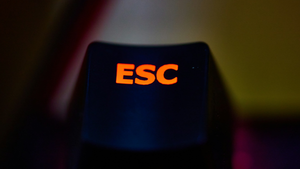
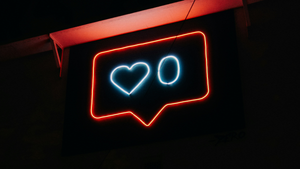




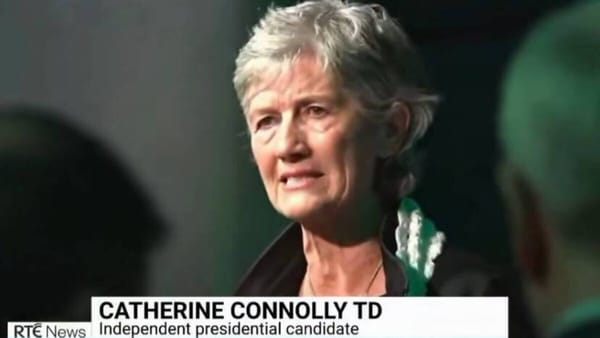
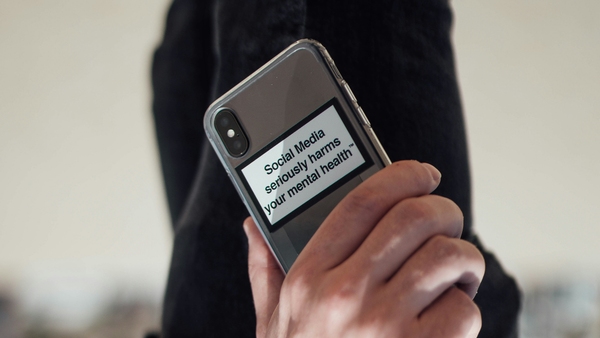


Member discussion